INTRODUCTION
What is an antibiotic? An antibiotic is a chemical substance derived from micro-organisms and used for the treatment of various diseases and ailments.
HISTORICAL BACROUND
The use of antibiotics began way back in September 1928 when Alexandar Fleming discovered Penicillin accidentally. Alexander Fleming went back to London from a Vacation in Scotland to realize that his petri dishes growing Staphylococci were contaminated by a strange strain of mould which he called Penicillum notatum.
To his utmost surprise, he noticed that the growth of the mould prevented normal growth of Staphylococci. He later discovered that this was due to a chemical substance produced by the mould which he called "Penicillin". This set the stage for the discovery of the nymerous antibiotics used today.
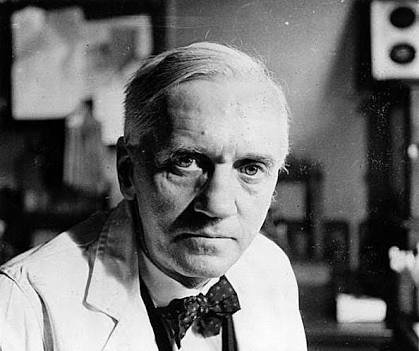 Credit
Credit
HOW DOES ANTIBIOTICS WORK
Antibiotics work bykilling disease causing micro-organisms. This mode of action was particularly adopted after "The Germ Theory of Disease" was adopted. When the micro-organisms causing the disease is eradicated, the disease is cured.
WHAT DOES ANTIBIOTICS RESISTANCE MEAN
Antibiotics resistance is said to occur when a micro-organism is no more sensitive to an antibiotic which it was once sensitive to.
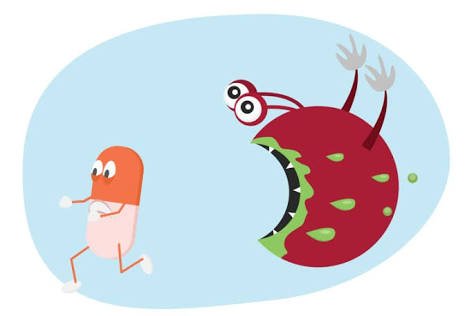 Credit
Credit
As depicted in the comic anove, the micro-organism learns
to "run away" from the antibiotics so to speak.
WHAT CAUSES ANTIBIOTICS RESISTANCE
Antibiotics reistance occurs when:
-antibiotics are administered at sub-optimal doses
-antibiotics are taken when there is no infective process going on in the body.
-antibiotics are taken without a Doctor's prescription
-the doses of a prescription is not completed
-is not complaint with his prescription.
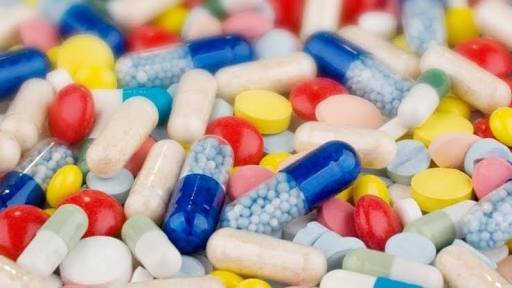 Credit
Credit
What these points simply mean is that because the patient took the antibiotics at a dose which was not sufficient or when he did not really need it, when he eventually needs the antibiotic, it will not work again because the micro-organism has been given an ample opportunity to put some mechanisms in place which helps it to evert death when exposed to that particular antibiotic again.
HOW TO PREVENT ANTIBIOTICS RESISTANCE
-Take only antibiotics prescribed by a qualified medical practitioner.
-complete the full course of the prescription even if the symptoms subside.
-never take an antibiotics if a laboratory microscopy, culture and sensitivity testing has not been done
-report any side effects to a Doctor
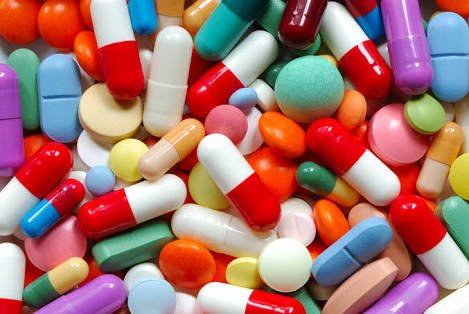 Credit
Credit
CONCLUSION
Antibiotics resistance is a menace on us caused by us. It can be reduced and prevented from further agravating by collective effort as well as by government interventions.
I am a blogger and a medical practitioner. Follow me for more medical advice
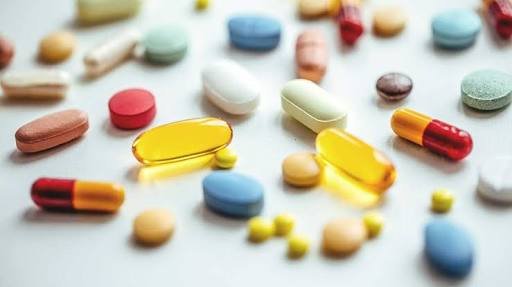
Hello @yhutie, upv0t3
This is a free service for new steemit users, to support them and motivate them to continue generating valuable content for the community.
<3 This is a heart, or an ice cream, you choose.
:)
R4ND0M:
9418 9281 5944 8179
2003 2148 7071 6908
9057 8773 2993 4549
3414 3273 5290 6714
Downvoting a post can decrease pending rewards and make it less visible. Common reasons:
Submit
I don't trust drugs @yhutie. i think they here to do more harm than anything else..
Downvoting a post can decrease pending rewards and make it less visible. Common reasons:
Submit
This might be the result of insufficient documentation also. Or not enough medical education. Or just a bad experience with drugs. Because they do work, they are helpful and they protect and extend your life. Same with vaccines. Don't let the pseudoscience get the best of you!
Downvoting a post can decrease pending rewards and make it less visible. Common reasons:
Submit
I see. Sometimes I feel they work as placebos @alexdory..
Downvoting a post can decrease pending rewards and make it less visible. Common reasons:
Submit
I am very familiar w/ this. I became allergic to Penncilan after years of taking it.
Downvoting a post can decrease pending rewards and make it less visible. Common reasons:
Submit
Personally, I'm pro-biotic. It's the terrain.
Downvoting a post can decrease pending rewards and make it less visible. Common reasons:
Submit
This is well informative.
Upvoted and resteemed.
Downvoting a post can decrease pending rewards and make it less visible. Common reasons:
Submit
@yhutie, thanks for sharing this important information. Although many professional healthcare practitioners keep talking about this, there never seems to be enough awareness of this topic. The problem is that once the bacteria develop their resistance, they can move to other people and infect them, too, which is why I think everyone should be super-careful with taking too much antibiotics when we don't need it.
Following your interesting feed. I hope you follow back, and keep in touch :-)
Downvoting a post can decrease pending rewards and make it less visible. Common reasons:
Submit